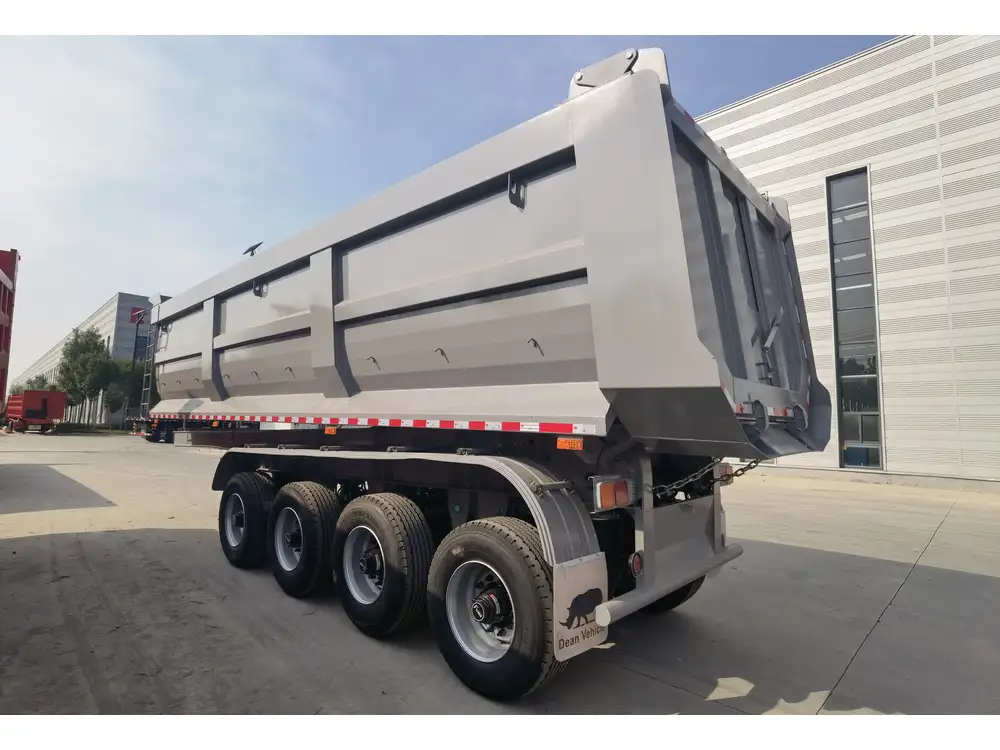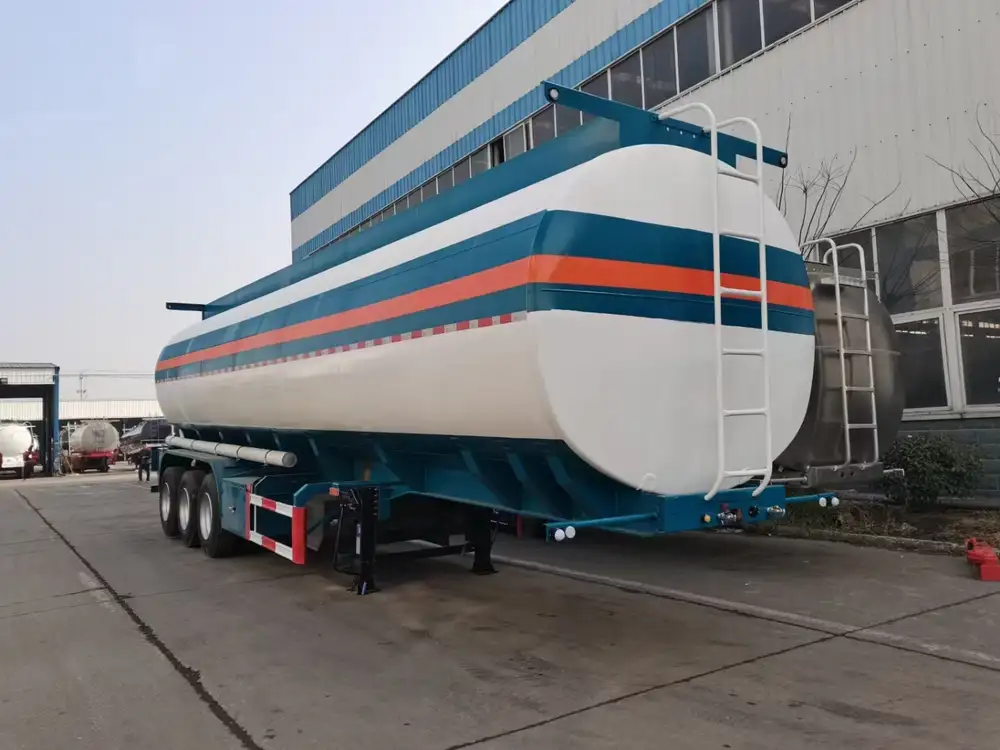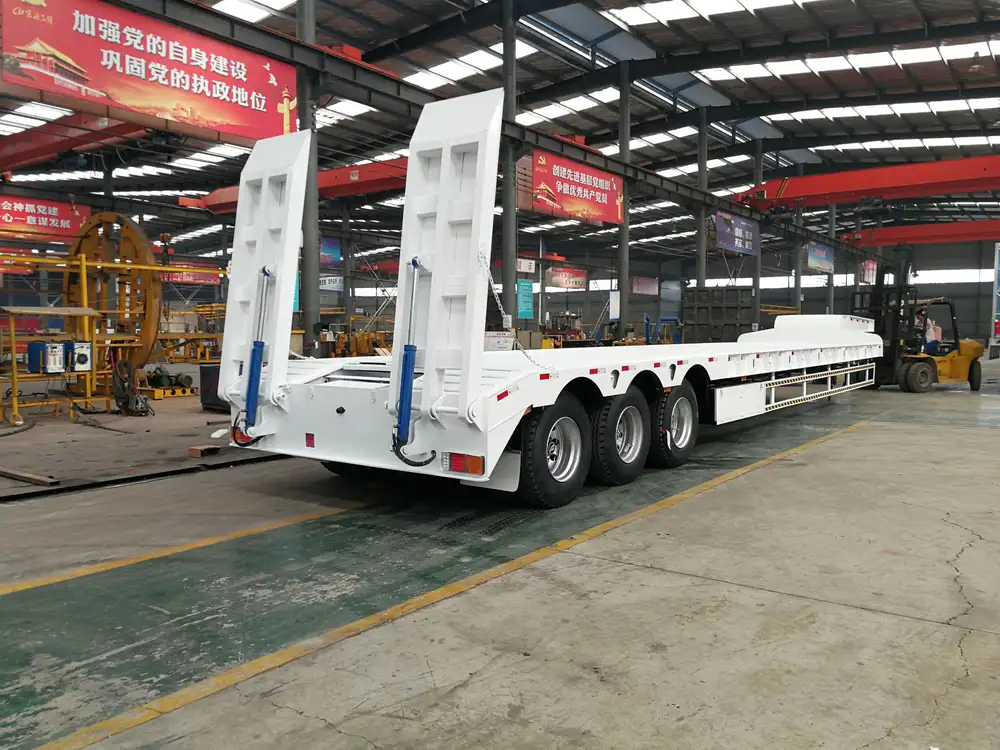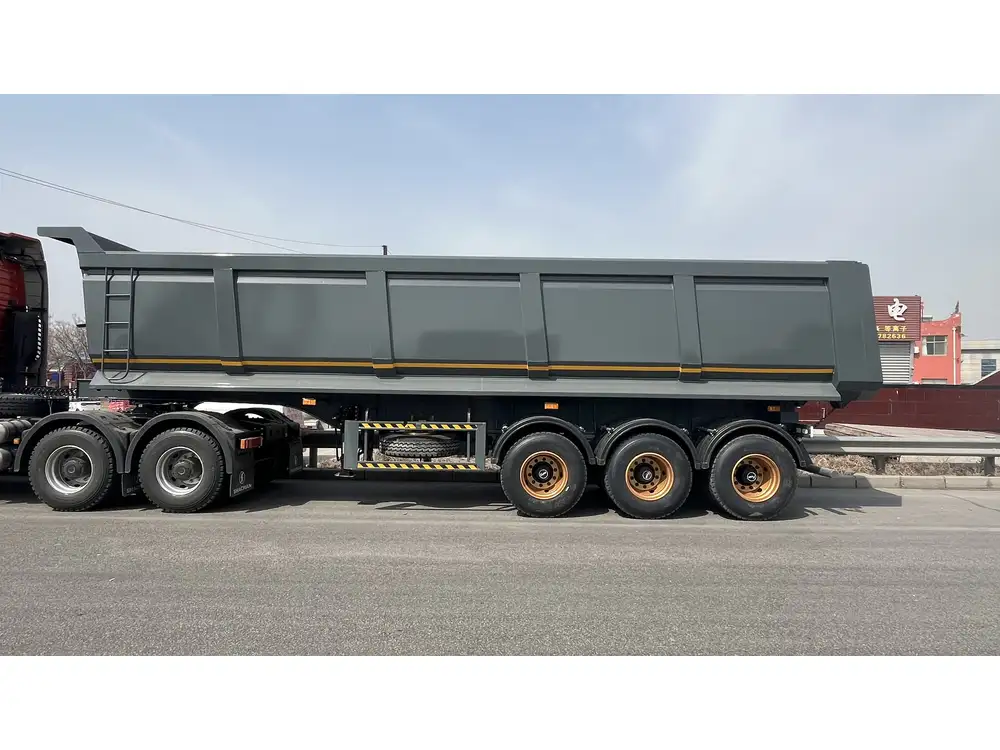Traveling with propane tanks in a trailer requires understanding safety regulations, logistical considerations, and best practices for transporting hazardous materials. In this comprehensive guide, we will address these vital aspects to provide clear answers and critical insights on traveling with filled propane tanks in a trailer.
Understanding Propane and Its Properties
Propane, a colorless and flammable gas, is stored under pressure as a liquid in tanks. The characteristics that matter most in transportation include:
- Flammability: Propane can ignite easily; hence all safety measures in storage and transport must be strictly adhered to.
- Pressure: Propane is stored at high pressures; when transporting, it’s crucial to monitor the tank’s integrity.
- Temperature Sensitivity: Propane expands when heated; this specificity requires temperature management during transport.
Table: Physical Properties of Propane
| Property | Value |
|---|---|
| Boiling Point | -42°C (-44°F) |
| Density | 493 kg/m³ (at 15°C) |
| Flash Point | -104°C (-155°F) |
| Saturation Pressure at 15°C | 800 kPa |

Laws and Regulations for Transporting Propane Tanks
To answer whether you can travel with filled propane tanks in a trailer, it is essential to consider both federal and state regulations. In the United States, the Department of Transportation (DOT) governs the transportation of hazardous materials, which includes propane.
General Guidelines
Tank Labels: Ensure that each tank is properly labeled according to the DOT guidelines. Labels must indicate that the contents are flammable.
Tank Size: There may be regulations concerning the size and quantity of propane tanks you can transport. A common maximum individual tank size is 50 lbs for personal use.
Vehicle Suitability: Ensure that the vehicle used for transport is suitable for carrying hazardous materials. Specialized trailers designed for carrying propane are recommended.
Safety Equipment: Transporting filled propane tanks necessitates having appropriate fire extinguishers and safety equipment on hand.
Transport Documentation: Have documentation that verifies your right to transport propane, especially if using a commercial vehicle.
State-Specific Variances
- Some states may impose stricter regulations than federal ones; checking state laws before starting your journey is crucial.
- Usage of certain routes might also be limited based on state safety regulations.

Comparison: DOT and State Regulations
| Aspect | DOT Guidelines | State Regulations |
|---|---|---|
| Maximum Tank Size | 50 lbs for personal transport | Varies by state |
| Label Requirements | Clear hazardous material labels are mandatory | May require additional local labeling |
| Vehicle Specifications | Commercial vehicles must meet specific criteria | Varies widely from state to state |
| Emergency Protocols | Must carry fire extinguishers and safety gear | May include additional local requirements |
Best Practices for Transporting Propane Tanks
To ensure maximum safety when traveling with filled propane tanks, we recommend adhering to the following best practices:
Properly Secure the Tanks
- Storage Location: Propane tanks should always be stored in an upright position. This is critical to prevent any leaks.
- Straps and Braces: Use secure straps to anchor the tanks to prevent shifting during transport. Consider using specialized brackets, where applicable.

Monitor Temperature
- Avoid Sunlight Exposure: Keep tanks protected from direct sunlight to prevent overheating and pressure build-up. Consider using a trailer with reflective materials or external coverings designed for insulation.
- Ventilation: Ensure the trailer has proper ventilation to allow any potential gas to dissipate rather than accumulate in a confined space.
Inspect Before Travel
- Check for Leaks: Before setting off on a trip, perform leak checks to ensure the integrity of the tanks. A simple soap-and-water solution can do wonders for spotting leaks.
- Tank Condition: Inspect for any rust, dents, or corrosion that could affect the tank during transit.
Plan Your Route
- Avoid Urban Areas: If possible, plan routes that minimize travel through densely populated areas, as they pose increased risk in the event of an emergency.
- Refueling Points: Identify safe locations for stops and refueling, keeping them away from flammable materials.

What to Do in Case of an Emergency
Despite taking all precautions, emergencies could still occur. Knowing how to respond is critical.
Emergency Protocol
- Evacuate: If a leak is detected, immediately evacuate the area.
- Emergency Communication: Use a mobile device to communicate with emergency services. Provide clear information about your location and the nature of the situation.
- Do Not Ignite: Never attempt to ignite a fire or operate electrical devices in case of a propane leak, as this could spark an explosion.
Fire Safety Measures
- Keep fire extinguishers readily accessible and check their functionality before each journey.
- Train anyone traveling with you on basic fire safety practices related to propane.

Understanding Propane Tank Expiration
- Propane tanks do have an expiration date and require periodic inspection and recertification. Familiarize yourself with these dates to avoid using expired tanks.
FAQ: Common Questions about Traveling with Propane Tanks
Can I Rent a Trailer with Propane Tanks?
Yes, many rental companies offer trailers suitable for transporting propane. Ensure the rental provider complies with the required safety standards.

Is it Legal to Travel with Empty Tanks?
Traveling with empty propane tanks is typically permitted. However, ensuring the tanks are properly certified and labeled remains critical.
How Long Can I Keep a Filled Propane Tank in a Trailer?
Filled propane tanks can be stored in a trailer for an extended duration as long as environmental conditions meet safety standards. Regular checks for leaks and tank integrity, however, are necessary.
Can I Travel Across State Lines with Propane Tanks?
Yes, but make sure you comply with both federal and state regulations. Some states may have specific laws relevant to transporting propane that must be observed.

Conclusion
Traveling with filled propane tanks in a trailer is not only feasible but safe when adhering to the proper regulations and best practices. By securing the tanks adequately, understanding the legal landscape, and being prepared for emergencies, travelers can enjoy their journeys with peace of mind. Proactively addressing these considerations not only enhances safety but also promotes responsible transport of hazardous materials. Preparing well ultimately leads to smooth travel experiences while ensuring compliance with safety standards. For further resources, consider consulting the American Propane Association or your state’s Department of Transportation websites, which provide up-to-date information on regulations and best practices related to propane transport.



